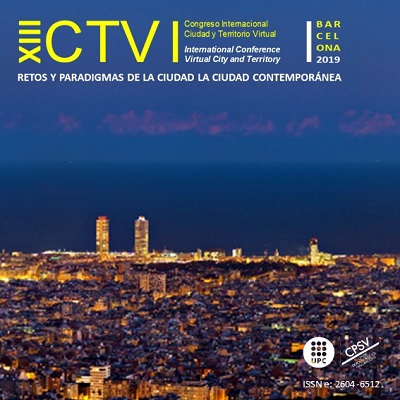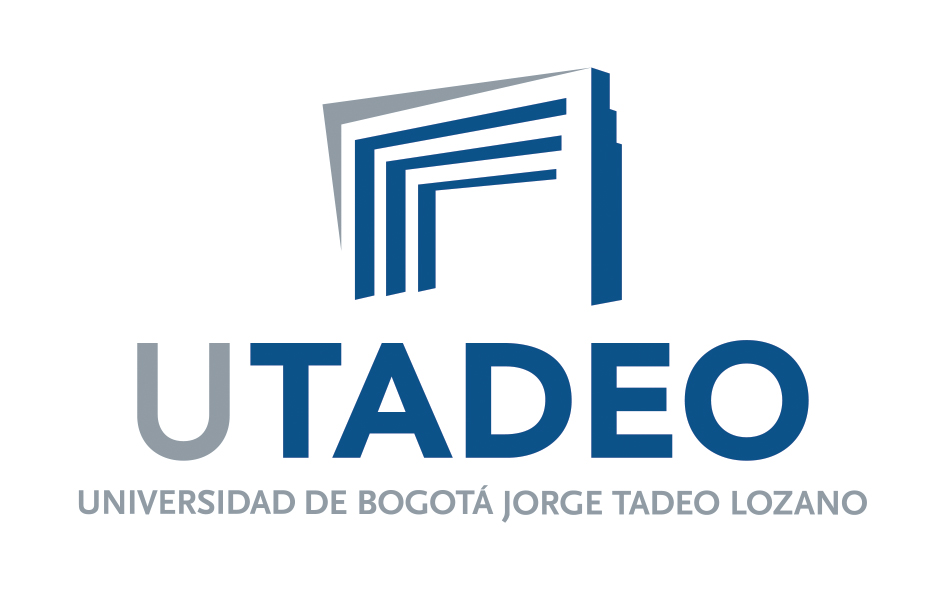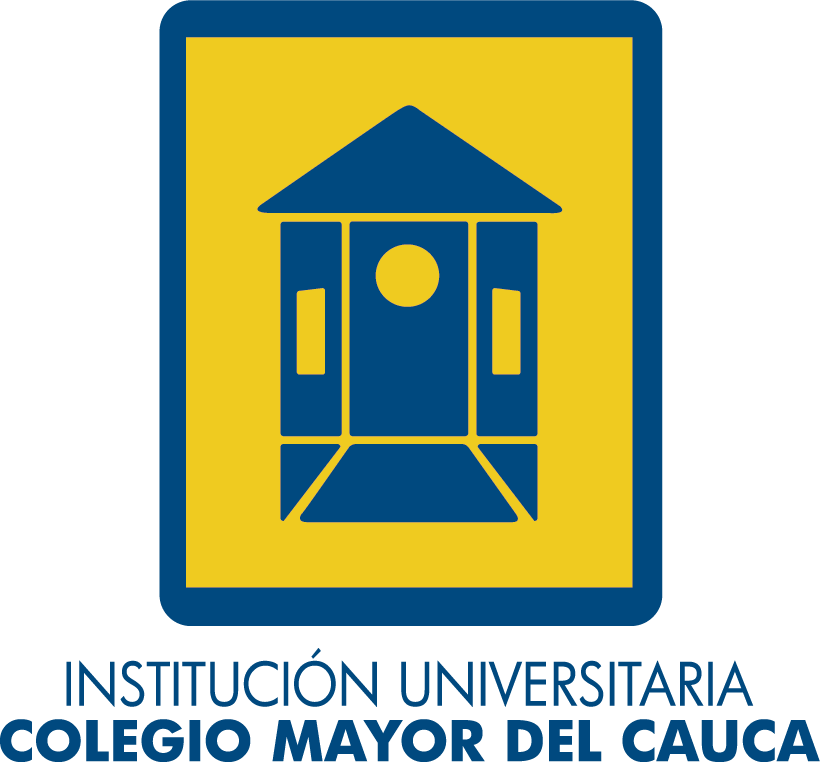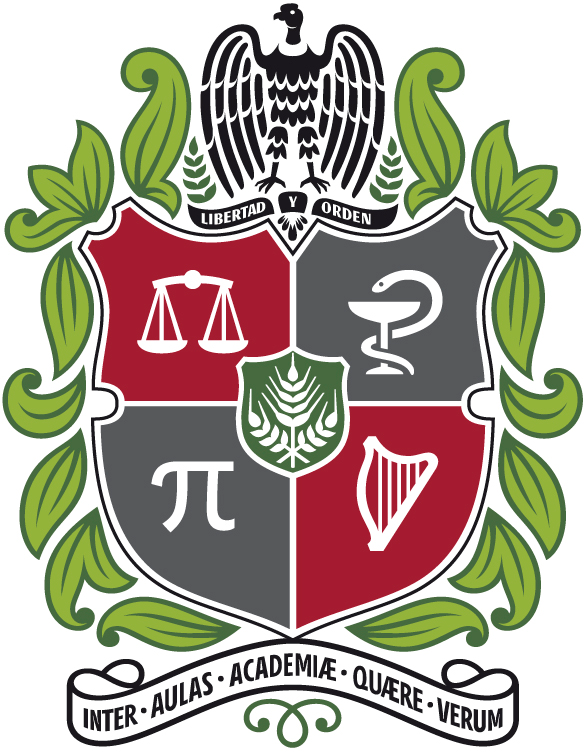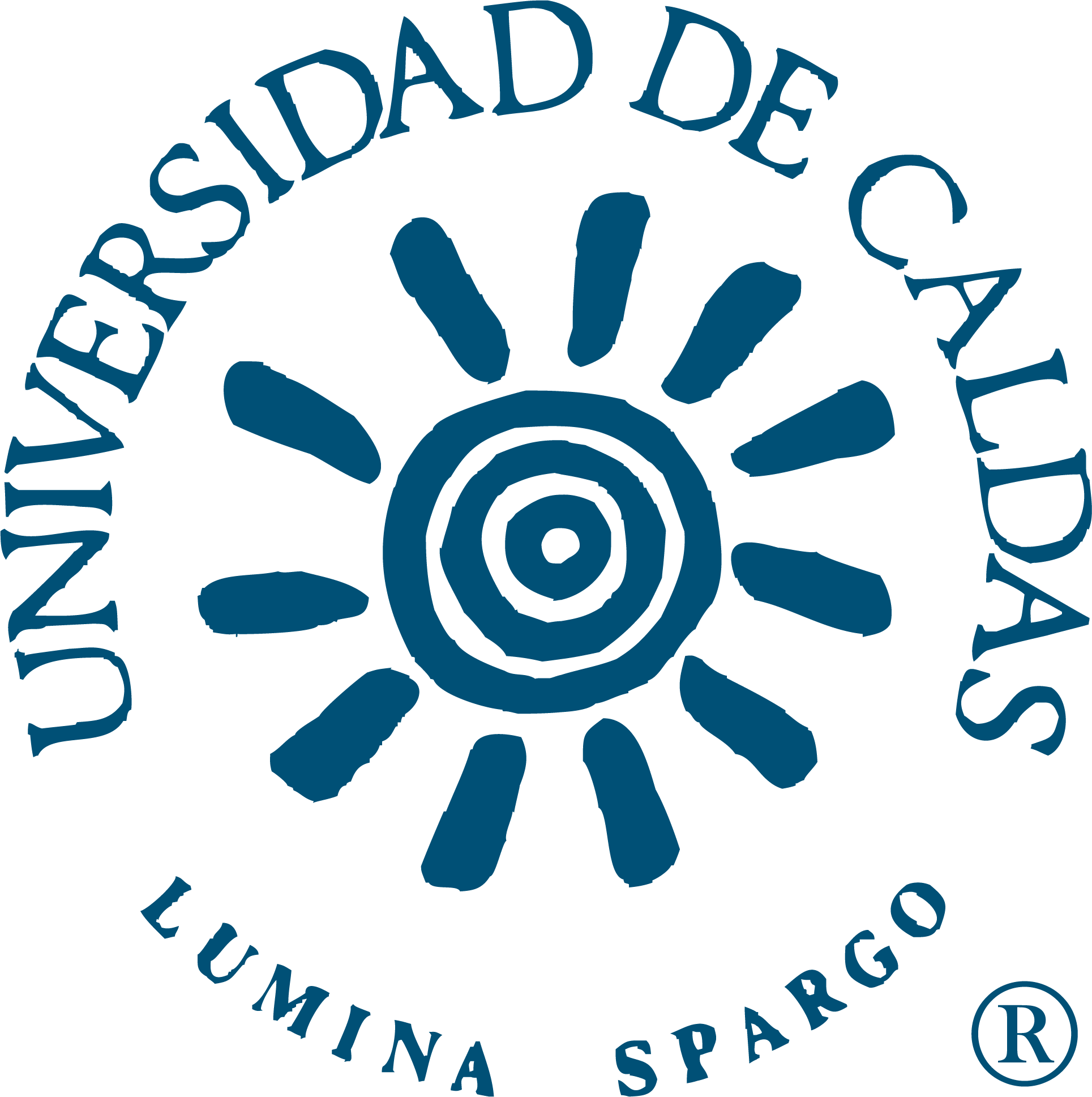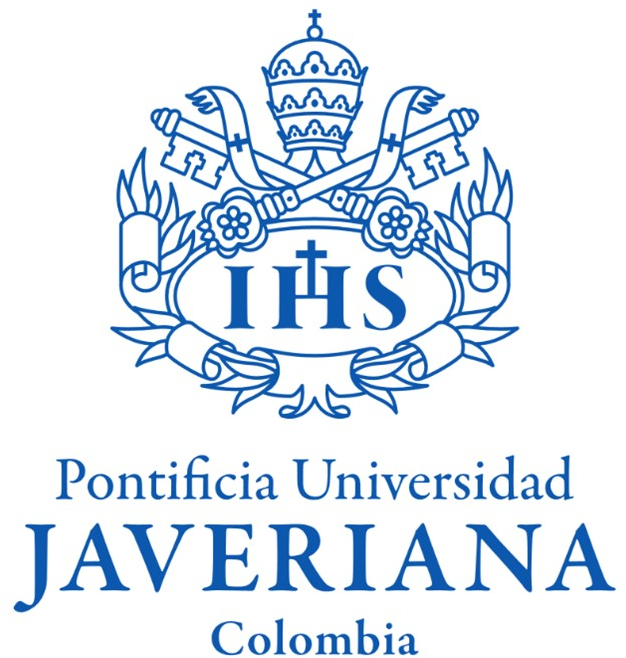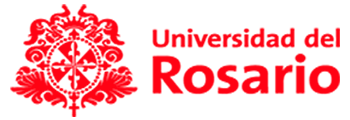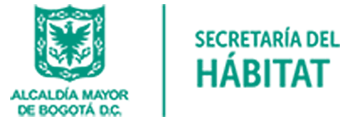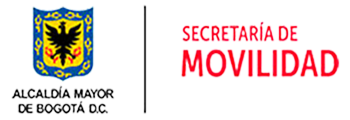Augmented Reality for Co-Design: The Perspective of Real Estate Developers, Architectural Firms, and Public Administrations
DOI:
https://doi.org/10.5821/ctv.8622Keywords:
Augmented Reality, Co-Design, Psychological AssessmentAbstract
The paper focuses on the design and development of an Augmented Reality (AR) app for public participation in urban transformations. The project, named "AR4CUP: Augmented Reality for Collaborative Urban Planning", is part of H2020 EIT Digital (Digital Cities) and involves the Augmented Reality company Artefacto, the university Politecnico di Milano, the research center VTT, and the Real Estate Developer Company Covivio. The project began in January 2019 and will end on December 2019. A pilot case study application will be carried out at the end of 2019 on an urban transformation project in the south of Milan (Scalo di Porta Romana), namely the design project VITAE, developed in the frame of the C40 Reinventing City.
The AR4CUP project is organized in four main parts: analysis of customers needs, development of the methodology for studying people experience in place, app design and implementation, pilot case study application with final users. The paper addresses the first phase. The AR4CUP AR app is able to: (i) show, directly on-site, urban and architectural proposals geolocated in real dimensions; (ii) gather citizens emotional reactions to proposed urban transformations; (iii) automatically analyze the collected data; (iv) represent the outcomes of the analysis. The main customers of the app are Architectural Firms, Real Estate Developers, and Public Administrations, while the main target is citizens living in the area and future inhabitants, i.e. dweller and city users. The app contributes to (a) inform clients on citizens' perception on their design project, which might impact on its development; (b) inform and involve citizens in the urban transformation, enabling them to potentially play an active role in the decision-making process.
The app aims at facilitating the collaboration among citizens, stakeholders, and public administrators, to induce a virtuous process that contributes to the co-creation of the future of cities. Such a tool allows to: (i) inform citizens about design projects; (ii) represent subjective points of view and compare the overall people perception of design outcomes to designer/developer/administrators expectations; (iii) support negotiation and decision-making of public administrations and private companies in the urban design and planning field.
The focus of the paper is the first phase of the AR4CUP project, which was dedicated to interviewing relevant stakeholders, i.e. Real Estate Developers, Architectural Firms, Public Administrations. The goal was to explore the needs of potential customers of the app, identifying practical and conceptual issues useful to develop its functionalities. We used semi-structured interviews for gathering information about: (i) their current workflow; (ii) the main key actors they interact with during the design process; (iii) the crucial technological solutions currently adopted for showing design projects to laypeople; (iv) how they envision the advantages that the AR4CUP app could generate in their field. What emerged from the interviews to professionals is a diffuse concern about the effectiveness of AR apps currently on the market as design and representation tools. This distrust seems to be induced by two main issues: (i) low quality of AR representation (details, quality of textures, reflections, shadowing on the virtual elements, and similar), that might lead to an undervaluation of the final project features; (ii) lack of the so-called "dream effect" due to the representation realism, that might negatively affect marketing strategies. Positive aspects of AR also emerged from the interviews, namely: (i) playful engagement of citizens directly on-site; (ii) simultaneous involvement of many citizens or other stakeholders.
More generally, the expectations about this new app follow the idea that experimenting 3D interactive model in AR is a useful tool to involve people in urban decisions. In the AR4CUP app, users' interaction can take place without requiring specific skills since every task is designed to be friendly and enjoyable; this will contribute to widen the audience and potentially lead to more informed design decisions. The app is not meant to function as a mere communication of the final design solution for marketing purposes, but is a means to anticipate the urban experience for design purposes. With this goal, the project develops an app based on the use of experiential simulation coupled with a psychological assessment for anticipating people's reactions to urban transformation projects. Through this collaborative process citizens provide their point of view on design projects to developers, architects, and decision-makers; in so doing, they become an active actor in the transformation process, and this contributes to citizens empowerment.


